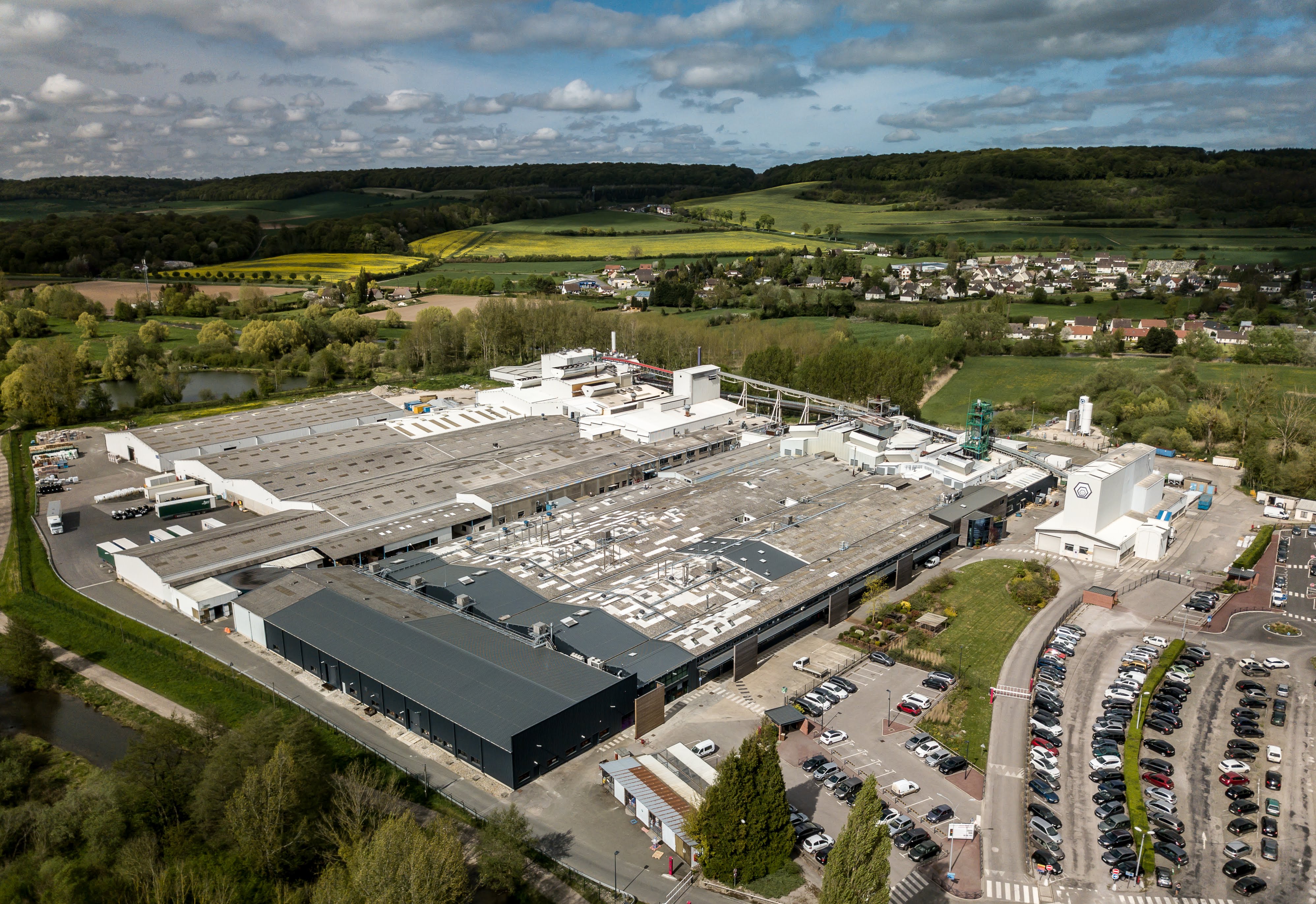Initiated by CHANEL, this industry alliance, bringing together Albéa, CHANEL, Clarins, Cosfibel powered by GPA Global, Dior, The Estée Lauder Companies, L’Occitane en Provence, L’Oréal Groupe, Merck, Neyret, Nuxe, Pochet Group, Sensient, Shiseido and Sisley, aims to enhance the sustainable transformation of the sector. The FEBEA (Fédération des Entreprises de la Beauté) also supports the project as an official sponsor.
A consortium of 15 cosmetics industry companies today announced that they have joined forces to create the TRaceability Alliance for Sustainable CosmEtics (TRASCE) to enhance traceability in key ingredient and packaging supply chains across the industry.

Tracing supply chains, an opportunity to advance sustainability at scale
The cosmetics industry consists of numerous complex and multi-tiered supply chains. Gaining deeper knowledge of the sector’s supply chains has become essential to better understand and mitigate risks, enhance resiliency, and improve environmental and social sustainability. The unprecedented health, climatic and geopolitical events of recent years, have been revealing that complexity, causing supply chains disruptions. In addition, local and international regulations are becoming increasingly more stringent. In light of this, it has become essential to better understand the sector’s supply chains, mitigate the associated risks and support their transition towards a more sustainable and resilient model.
ENABLING COLLECTIVE INTELLIGENCE AROUND TRACEABILITY APPROACHES IN THE COSMETICS SECTOR
While different individual traceability initiatives have emerged in recent years, the TRASCE consortium was formed to address traceability at scale. The founding members have committed to working collectively to map their supply chains across the entire value chain on a common digital platform, Transparency-One, an ISN Company.
In the long-term the consortium aims to develop a collective approach to the risk analysis of social and environmental risks in supply chains, to interpret the data collected and define common progress plans.
In this respect, TRASCE will help respond to three fundamental challenges for the industry by strengthening the collective understanding of the cosmetics industry supply chains, assessing the related social and environmental risks and determining the necessary actions to support suppliers in their transition.

The power of collective intelligence at the service of the sustainability of cosmetic products
At the genesis of the project, the Maison CHANEL drew on its own experience to emphasize the need for a collective response to the challenges faced by the sector: “The essential and demanding work of mapping our supply chains carried out in recent years has allowed us to understand the main limits of the exercise. It is sometimes quite difficult for a single client to convince distant tier suppliers to commit to this process, when we do not exchange directly with them or when they do not meet the same regulatory requirements. Based on this observation, we proposed that the actors of the sector join forces to trace our supply chains as far and as quickly as possible.”, explains Julien Garry, International Director of Purchasing and Packaging Innovation Development at CHANEL Parfums Beauté.
According to Meghan Ryan, Executive Director of Responsible Sourcing at The Estée Lauder Companies: “Through shared digital tools and close collaboration, we have an opportunity to move the needle in transparency and elevate how we source responsibility, with attention to potential impacts on people and the environment.”
According to Karl Hensen, Quality Director Surface Solutions at Merck: “As a key supplier of cosmetic ingredients, we are delighted to be a founding member of the TRASCE consortium. This initiative is powerful thanks to the diversity of brands and suppliers it brings together; this joint commitment is a real asset. We are convinced of the need to align the industry on a single traceability tool, and to implement a common methodology. By doing so TRASCE could even act as a role model for other industries, which face the same challenges regarding supply chain transparency. The harmonization and multi-stakeholder dialogue is essential to promote the objectives within the TRASCE consortium as well as contributing to Merck’s overall sustainability strategy.”
Transparency-One, a reference partner to deploy this ambitious project
Ingredients or components used, origins, supplier activities and places of transformation, names of suppliers: the Transparency-One platform guarantees each supplier the ownership, security and confidentiality of the data they share. Transparency-One has proven itself in other sectors of activity, such as the food and automotive industries, with the deployment of large-scale traceability approaches.








